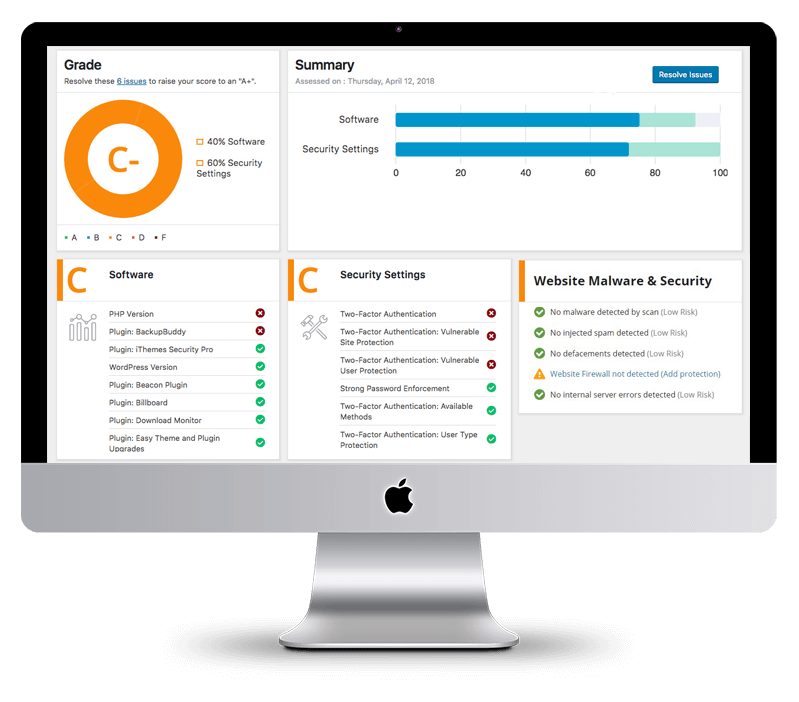The world of online search is buzzing with news that Apple might be ditching Google as the default search engine for its Safari browser. This potential move could reroute billions of daily searches away from Google, shaking up the digital landscape. Apple’s Senior Vice President of Services, Eddie Cue, recently shared during Google’s antitrust trial that Safari searches are actually seeing a decline for the first time in two decades. This suggests Apple might be looking to end its long-standing partnership with Google.
While Google pays Apple a hefty $20 billion annually for this default status, the underlying trends in how people search are definitely changing. We’re seeing AI overviews reach over 1.5 billion users monthly, and for some businesses, AI search traffic has jumped from 5% to 25% in just six months. In fact, about 13% of all searches in March triggered an AI overview, which is double what it was in January.
The Potential Shift Away From Google
During Google’s antitrust case, Apple’s Eddie Cue mentioned that searches via Safari are dropping. He suggested that Apple might switch to a different search engine. This comes as Apple has been developing its own AI features, like Apple Intelligence, which allows users to ask Siri questions and even opt to use ChatGPT for answers. The idea is that instead of defaulting to Google, users might be able to directly ask AI tools like ChatGPT or Perplexity.
Considering that there are around 1.3 billion active iPhone users, and a significant portion of them use Safari as their default browser, a switch could mean a massive shift in search traffic. Estimates suggest around 800 million desktop users and 200 million mobile users of Safari could be redirected. This is a big deal for businesses that rely on organic traffic from Google.
Why the Skepticism? The $20 Billion Question
While the idea of a search shift seems plausible, especially with younger generations adopting AI search tools, there’s a major financial factor: the $20 billion annual deal between Google and Apple. It’s unlikely Apple would want to lose out on such a significant revenue stream. Similarly, Google wouldn’t want to lose its dominant position as the default search engine.
There’s also the context of the antitrust case itself. Apple’s statements could be strategic. They might be trying to show that Google isn’t as dominant as it seems, or perhaps they’re looking to negotiate a better deal by bringing other AI players like ChatGPT or Perplexity into the picture. This could create competition for the default search engine spot, potentially driving up the value of the deal.
What Does This Mean for Marketers?
This evolving search landscape means businesses need to adapt. The rise of AI overviews and AI-powered search tools is leading to more "zero-click" searches, where users get their answers directly without visiting a website. This impacts how businesses gain visibility and traffic.
Key Takeaways:
- AI is Changing Search: AI overviews and AI-powered search tools are becoming more common, leading to fewer website clicks for some queries.
- Apple’s Potential Move: Apple might end its deal with Google for Safari’s default search engine, potentially redirecting billions of searches.
- Financial Incentives: The $20 billion annual deal between Google and Apple is a major factor, making any change complex.
- Strategic Statements: Apple’s comments in the antitrust case could be strategic moves to gain financial or competitive advantages.
- Adaptation is Key: Businesses need to understand how AI search affects their visibility and adapt their strategies accordingly.
Adapting to the AI Search Era
Even if Apple doesn’t switch from Google overnight, the trend towards AI search is undeniable. Google itself is integrating AI capabilities, like AI Overviews, into its search results. Tools like ChatGPT and Perplexity are offering new ways to find information, and businesses need to be aware of these shifts.
For marketers, this means focusing on building trust and providing clear, valuable information. When users are further down the funnel, they are looking for reliable sources. Businesses that can offer accurate information and a positive user experience will likely stand out.
Optimizing for AI Search:
- Understand Your Visibility: Use tools like Profound or Semrush to track how your brand appears across different AI search platforms.
- Focus on Trust: Build trust with users by providing accurate and helpful information, especially for complex queries.
- Analyze Your Data: Monitor your website traffic and conversions from AI search platforms using tools like Google Analytics 4 or Looker Studio.
- Develop an AI-Aware Strategy: Create a plan that considers how AI search impacts your brand and how you can optimize for it.
The search landscape is constantly changing, and staying ahead means understanding these new trends and adapting your marketing strategies. Whether it’s through AI-powered tools or new search behaviors, the goal remains the same: connect with your audience effectively.

Rodney Laws is an ecommerce expert with over a decade of experience helping entrepreneurs build and grow online businesses. He specializes in reviewing ecommerce platforms, optimizing user experience, and guiding brands toward higher conversions. His insights have been published on leading industry sites including UsabilityGeek, G2, Spendesk, and PPC Hero.
As the editor at EcommercePlatforms.io, Rodney combines hands-on knowledge with clear, actionable advice to help business owners choose the right tools and strategies. When he’s not testing the latest software or analyzing trends, he’s sharing practical tips that make complex ecommerce decisions simple.




